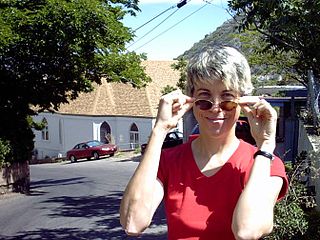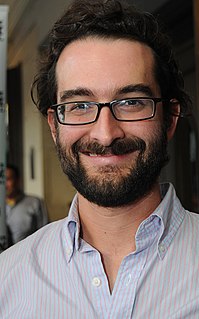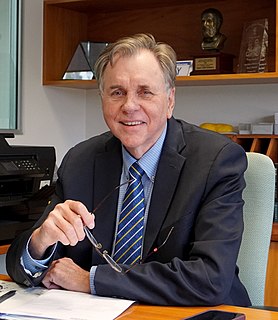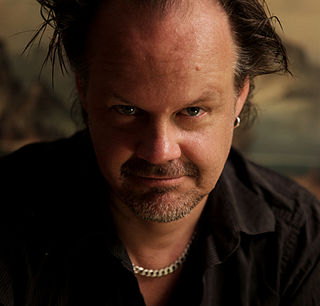A Quote by Alex Gibney
I come from a filmmaking tradition and a storytelling background. So somehow I've emerged like a mutant who can straddle both worlds.
Quote Topics
Related Quotes
She has her own glamour, Willy lad. All poets do, all the bards and artists, all the musicians who truly take the music into their own hearts. They all straddle the border of Faerie, and they see into both worlds. Not dependably into either, perhaps, but that uncertainty keeps them honest and at a distance.
Here's the thing: I come from a filmmaking background, so this concept of sort of overseeing a television show but not directing was, in general, not weird, but I had to get used to what that felt like. My initial instinct was, 'I want to direct as much of this as possible.' But the logistics of making of TV, that's just not possible.
I may love individual people, but I am contemptuous of the arrogance , and in a way, it's both ruined me and fuels me. It's ruined me because nobody cares about these issues, and then it's the source of most of my storytelling now, because I am so preoccupied with it. It fuels me, because this is my outrage. I do believe in that great tradition of literature and storytelling. You know, the downfall and the folly of it all.






































